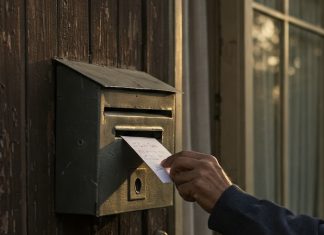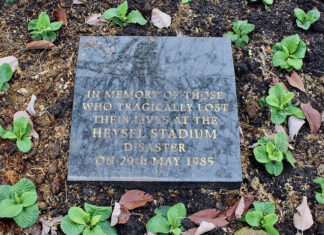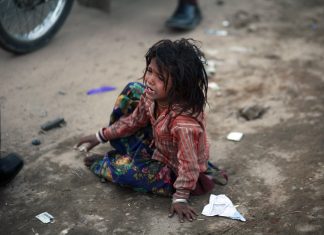Sample Category Title
Sample Category Description. ( Lorem ipsum dolor sit amet, consectetur adipisicing elit, sed do eiusmod tempor incididunt ut labore et dolore magna aliqua. )
Editorial impartiality – scenario
In this scenario a reporter covering a story about medical malpractice in a hospital discovers that the consultant involved is a relative. What should they do?
Journalistic ethics – scenario
In this scenario a reporter feels ethically compromised after accepting hospitality from a developer who subsequently pressured them for favourable coverage.
Doorstepping – scenario
You are a local newspaper reporter sent out to doorstep a bereaved family but you lie to your news editor because you are reluctant to intrude on their grief.
Off-the-record chat – scenario
In this scenario we look at what a journalist should do with off-the-record information when it relates to a major news event.
Covering a tragedy – scenario
In this scenario we look at how a journalist should act when they witness a tragedy unfolding and have to decide whether to help, or to stand by and report.
Photo journalism – scenario
In this scenario a reporter tells the newsdesk that she has a strong news story only to find that the facts were not as they seemed.
Trespass and journalism – scenario
In this scenario we look at a situation where a journalist is faced with breaking the law in order to gather essential information for informing the public debate.
Interviewing integrity – scenario
In this scenario, an award-winning journalist is offered a top job at national TV station, but soon after starting her new job she discovers corruption in the media house.
You might also like
Lesson: Interviewing ‘off the record’
This lesson plan is designed to help journalists understand the purpose, the benefits, and the risks of ‘off the record’ interviews.
Pitching a news story to an editor
Whether you're a journalist or reporter, learn how to pitch stories effectively to ensure they are accepted by your editor every time.
Workshop: TV news packaging
This workshop sets out the basics for creating a news package for TV. It’s been created for those starting out in TV journalism and those with some experience.







